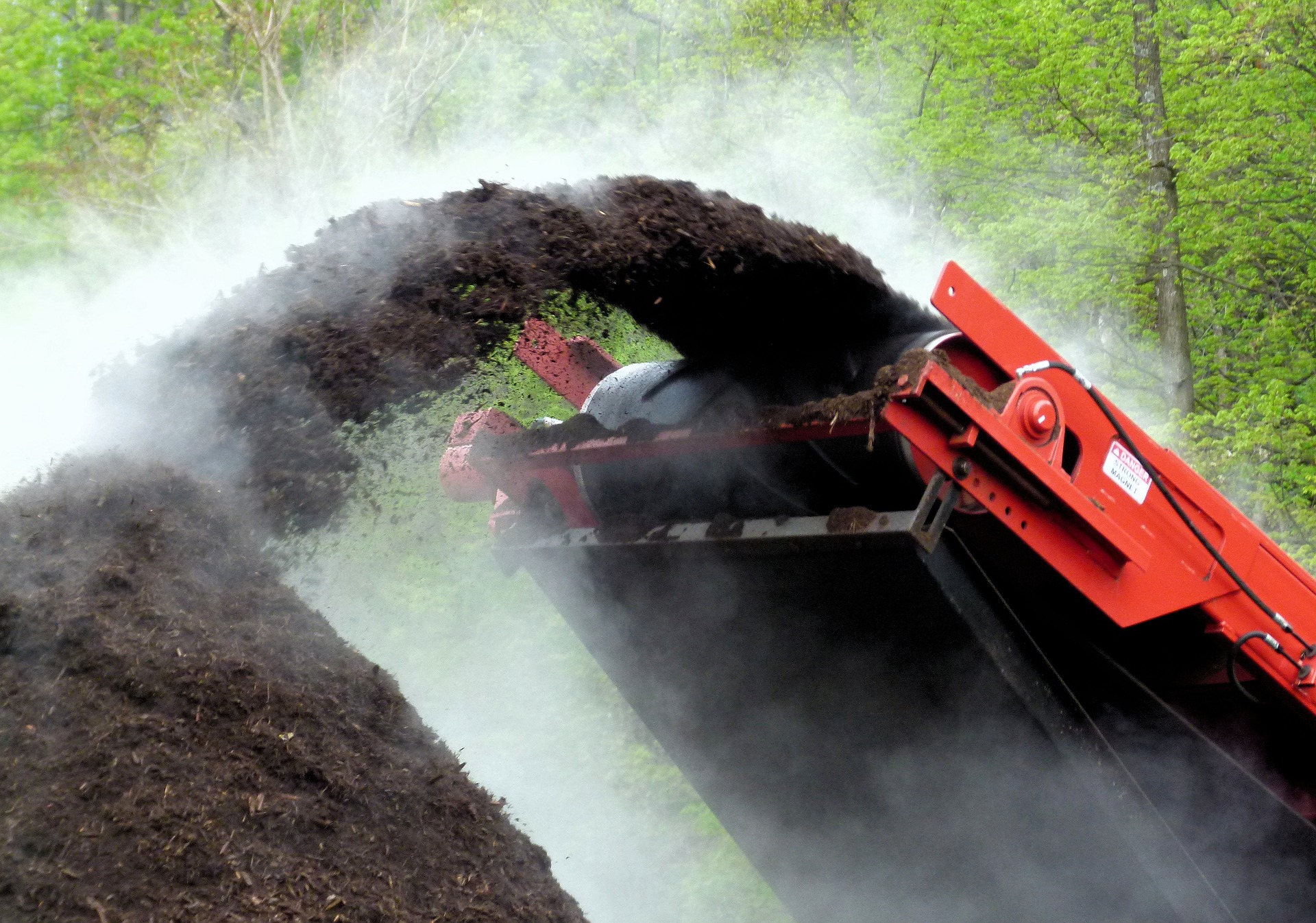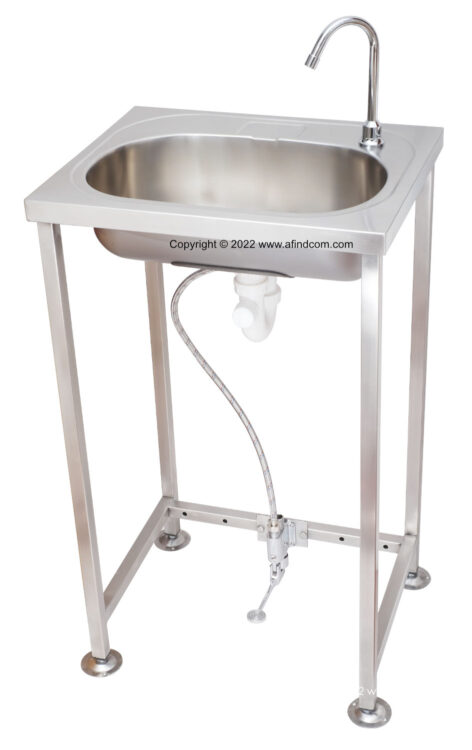
Natural fertilizers for vegetables
Natural fertilizers for vegetables usually refer to manure, compost and industrial waste products from animals. It consists of biodegradable material which is normally eco friendly. The process through which it is made is not necessarily eco friendly or sustainable. Each product has its advantages and disadvantages. The grower must evaluate and understand which natural fertilizer will suit him best. As natural fertilizers are usually bulky, transport is always a factor that must be taken into account.
Note that natural does not mean organic ! There is a huge difference. When I refer to organic material or organic fertilizers in this article I mean that the raw material comes either from plants or animals. The conditions where it was created might not be environmentally friendly. It is a misconception that all organic material can be classified as organic and environmentally safe.
The use of natural fertilizers
Organic fertilizers are used as source of plant nutrition or as an ameliorant to improve soil physical and chemical properties.
It is a source of nutrition because most of the content is mineralized by the time it is purchased which is available for plants to use. The more complex components take longer to break down by bacteria which suits the plant as it cannot use it all at once. Therefor it acts as a slow release fertilizer. If we think of organic material, most growers associate it with nitrogen. Although it is a huge source, organic material contains a vast amount of other important macro and micro nutrients essential to plant growth.
All commercial plants benefit from a good supply of organic material. Too much fresh material can cause vigorous initial growth just like adding too much nitrogen fertilizer.
It is extremely difficult to determine the monetary or financial value organic material adds to the soil. The direct influence be the plants grow healthy but there are hidden processes in the soil that are not measurable. For instance, organic acids can help freeing up iron and manganese and binding them which makes uptake much easier for the plant. Normal fertilizers do not have this advantage.
Natural fertilizer will only benefit the soil ecosystem and plant growth if it is decomposed. Raw green organic material is of no use to the plants or soil. It might loosen the soil up a for a while, but it does not provide any nutrients or minerals.
Warning: A nitrogen negative period can initiate two weeks after the application of concentrated decomposed organic material that is not stabilised. No nitrogen will be available to the plant for a week or so after which nitrogen will be released at a steady rate.
Reasons for adding organic matter to soil
Growers use organic material for the following reasons:
- Increase the nitrogen content.
- Replacing some inorganic fertilizer with organic or natural fertilizers.
- Improving the soil structure there improving permeability, water holding capacity, increasing cation exchange capacity and aeration
- Increasing the microbial content of the soil. It is possible to have a “dead” soil due to over fertilization thereby losing all the positive bacteria and fungi that help with plant growth.
- Increasing the Carbon:Nitrogen content or better known as C/N ratio of the soil.
There is a theory that raw decomposed organic material at extreme high applications rates improved soil structure and nutrition. The effects thereof in warm climates are disappointing and no advantage over the long term was found. It is better to scatter high volumes of organic material over the top of the soil to act as a mulch.
Since organic compost has huge amounts of microbes it can keep pathogen levels low. The opposite is also true. In some cases, organic material house detrimental fungi such as Phytophtera which are deadly in young seedlings and susceptible plants.
It is a fact. Natural fertilizers in the form of organic material is good for the soil. The only problem is that to have an effect, large volumes are required which makes transport and application a problem, especially on large vegetable farms. The use of livestock effluent and waste has long been used on grazing grass and vegetable land. It is better to spread the waste over land than leave it to pollute natural water systems.





